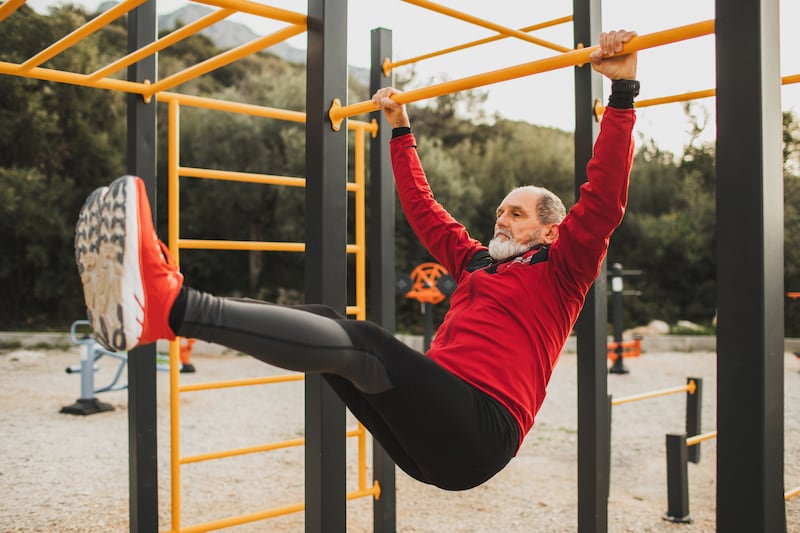Mon 22 April 2024:
The first comprehensive atlas of aging muscles in humans has improved our understanding of how muscle changes with age and attempts to combat its effects at the cellular and molecular levels.
Researchers constructed a muscle map of the human body and identified specialty nuclei that help mend deteriorating nerve connections with age.
The discovery could lead to significant advances in inflammatory control, muscle regeneration, and brain communication.
The research, which was published in Nature Ageing, is part of the Human Cell Atlas (HCA), an international collaborative project building complete reference maps of all human cells to better understand health and diagnose, monitor, and treat disease.
It attempted to determine why muscles weaken with time.
It follows past research that have looked at longevity science, with the goal of allowing more of us to live better, longer lives, reducing the demand for expensive health and social care.
Scientists from the Wellcome Sanger Institute, a genomics research institute in Cambridge, and the Sun Yat-sen University, in China, used single-cell and single-nucleus sequencing techniques along with advanced imaging to analyse human muscle samples from 17 people, aged 20 to 75.
The team discovered that genes controlling ribosomes, responsible for producing proteins, were less active in muscle stem cells from aged samples, resulting in the cells’ ability to repair and regenerate muscle fibres as we age being impaired.
It was also discovered that non-muscle cell populations in these skeletal muscle samples produced more of a pro-inflammatory chemical known as CCL2, which attracts immune cells to the muscle and exacerbates age-related muscle degeneration.
Researchers believe the findings pave the way for future therapy and intervention to improve muscle function and quality of life as we age.

A close-up of human muscle cells, the focus of the study. Getty Images
“Through the Human Cell Atlas, we are learning about the body in unprecedented detail, from the earliest stages of human development through to old age,” said Dr Sarah Teichmann, senior author of the study and co-founder of the HCA.
“With these new insights into healthy skeletal muscle ageing, researchers all over the world can now explore ways to combat inflammation, boost muscle regeneration, preserve nerve connectivity and more. Discoveries from research like this have huge potential for developing therapeutic strategies that promote healthier ageing for future generations.”
The team’s experiments with lab-grown human muscle cells revealed the role of specialised nucleus populations in muscle function.
Veronika Kedlian, the study’s first author from the Wellcome Sanger Institute, stated that it will now pave the way for future research.
“Our unbiased, multifaceted approach to studying muscle ageing, combining different types of sequencing, imaging and investigation, reveals previously unknown cellular mechanisms of ageing and highlights areas for further study,” she said.
The HCA initiative is mapping every cell type in the human body to transform understanding of health and disease.

With muscle deterioration affecting people’s ability to perform everyday activities such as standing up and walking, it is hoped the research will help develop new remedies in the future so people can live longer.
“In China, the UK and other countries, we have ageing populations but our understanding of the ageing process itself is limited,” said Prof Hongbo Zhang, senior author of the study from Sun Yat-sen University in Guangzhou.
“We now have a detailed view into how muscles strive to maintain function for as long as possible, despite the effects of ageing.”
SOURCE: INDEPENDENT PRESS AND NEWS AGENCIES
______________________________________________________________
FOLLOW INDEPENDENT PRESS:
WhatsApp CHANNEL
https://whatsapp.com/channel/0029VaAtNxX8fewmiFmN7N22
![]()
TWITTER (CLICK HERE)
https://twitter.com/IpIndependent
FACEBOOK (CLICK HERE)
https://web.facebook.com/ipindependent
YOUTUBE (CLICK HERE)
https://www.youtube.com/@ipindependent
Think your friends would be interested? Share this story!





